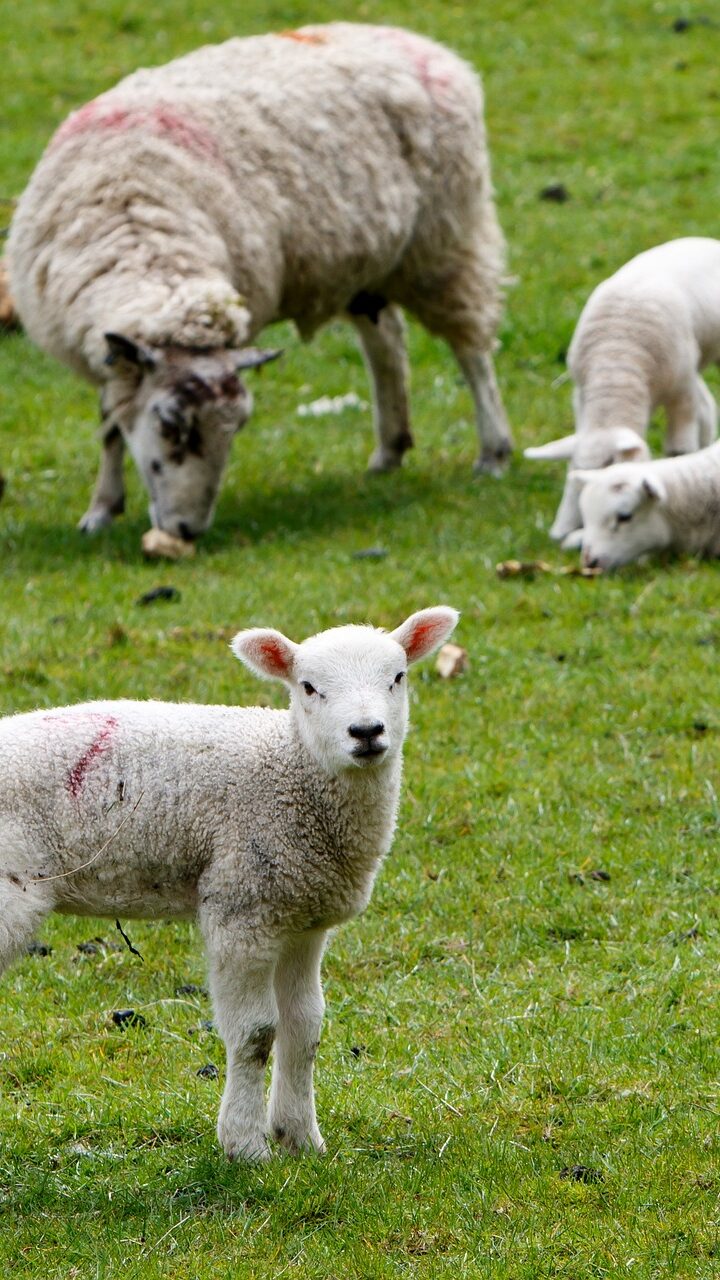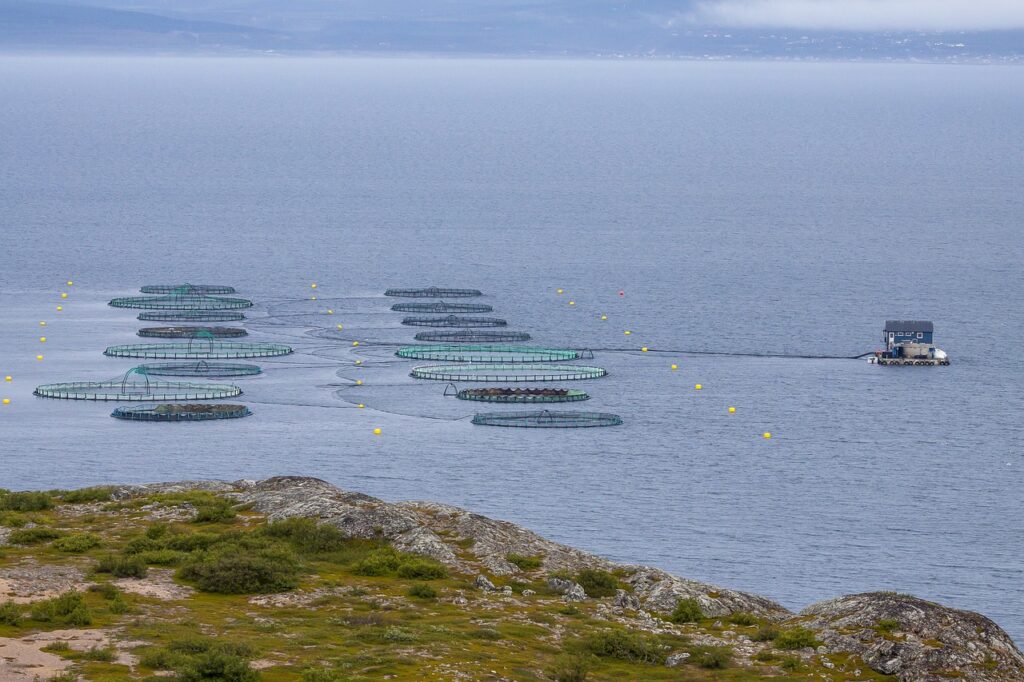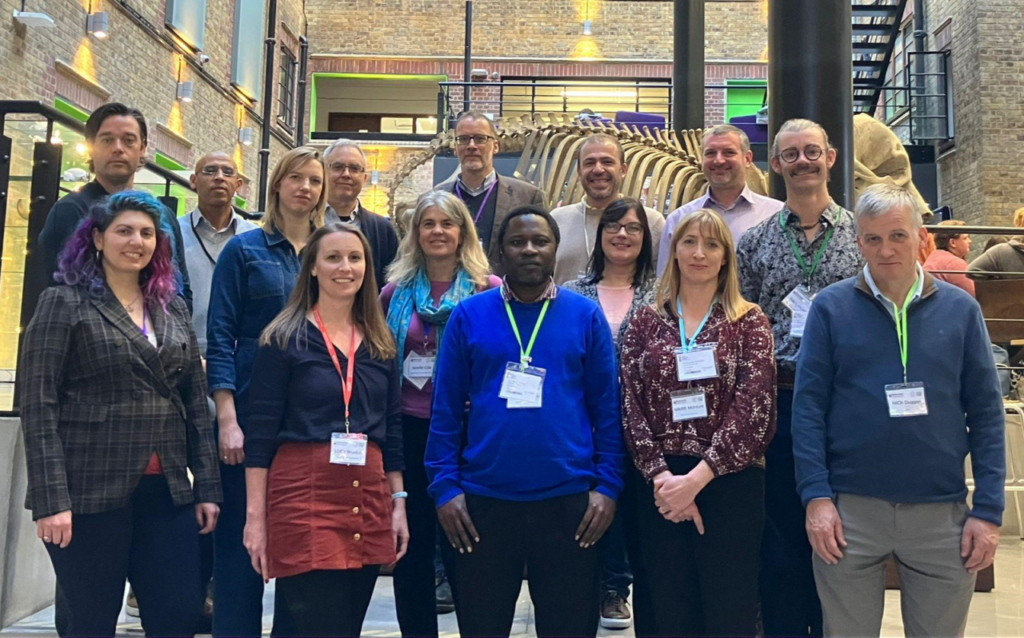The AMAST Network
AntiMicrobial Resistance in Agrifood Systems Transdisciplinary Network
Protecting the future of our food systems and public health by addressing antimicrobial resistance (AMR) through collaborative, innovative research and action.
Who are we?
The AMAST (AMr in Agrifood Systems Transdisciplinary) Network is dedicated to protecting the future of our food systems and public health by addressing antimicrobial resistance through collaborative, innovative research and action.
Antimicrobial resistance (AMR) is when bacteria, viruses, fungi or parasites stop responding to antimicrobial medicines.
In the AMAST Network we bring together farmers, scientists, food producers, policymakers, and other key stakeholders to develop practical, evidence-based solutions for optimising antimicrobial use while maintaining productive and sustainable food systems.
Our network creates new pathways for understanding and tackling AMR challenges by:
- Building bridges between research disciplines and industry expertise
- Developing practical solutions that work for farmers and food producers
- Translating scientific insights into actionable policies
- Training the next generation of researchers and practitioners
- Sharing knowledge and best practices across the food production chain
Through our collaborative approach, we aim to safeguard both the effectiveness of antimicrobials and the future of our food security, ensuring healthy and sustainable food systems for generations to come.

The AMAST’s Key Principles
- Transdisciplinary collaboration
- Industry-focused solutions
- Evidence-based approaches
- Knowledge sharing
- Sustainable impact
The AMAST Network is a UKRI-funded initiative that unites experts and practitioners from across the UK’s agrifood sector to tackle one of our most pressing challenges: antimicrobial resistance (AMR) in food production systems.
What makes us different?
- We bridge the gap between research and real-world practice
- Our solutions are developed with and for farmers, veterinarians, industry partners
- We take a One Health, whole-system approach, from farm to fork
- Our network spans all four nations of the UK
- We combine expertise from multiple disciplines and sectors



Our focus areas are:
- Understanding AMR risks in agrifood systems
- Developing practical strategies to optimise antimicrobial use
- Creating new frameworks for research and intervention
- Building capacity through our Fellows programme
- Translating research into actionable solutions
Join us
Whether you’re a researcher, farmer, food producer, or policymaker, there are many ways to get involved with AMAST. Our network is always looking for partners who share our commitment to tackling AMR through collaborative action.

